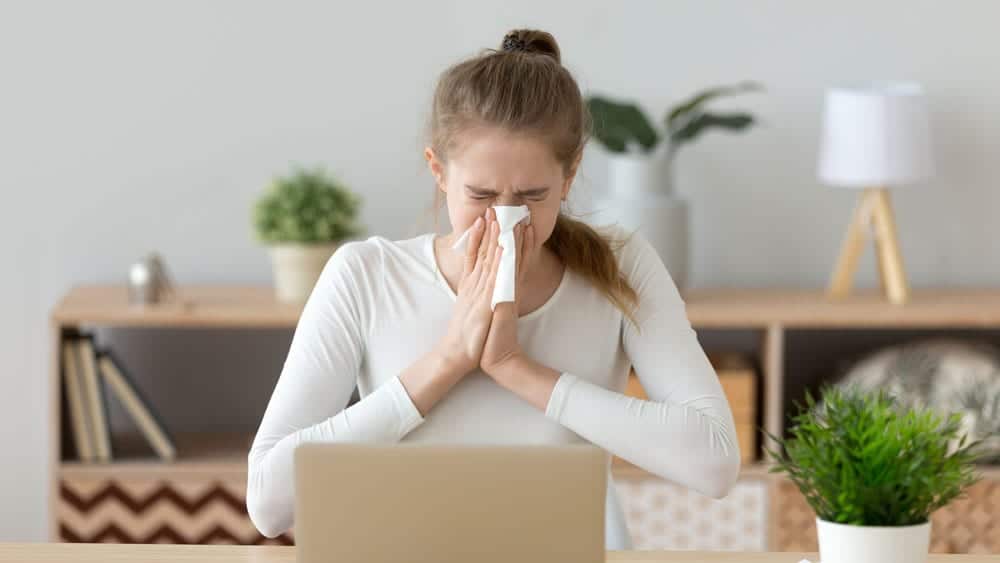According to the Environmental Protection Agency, humans spend up to 90% of their time indoors – and many of these hours are spent working, learning, or shopping in commercial spaces.
For this reason, building owners and managers need to be proactive about indoor air quality in their facilities, as the quality of air that occupants inhale every day can impact their health, comfort, well-being, and productivity.
While every building has its own set of circumstances, the key to maintaining healthy indoor air quality in your facility comes down to your commercial HVAC system, which works around the clock to remove harmful pathogens from the air that would otherwise pose a health risk to building occupants.
Symptoms related to poor indoor air quality range from mild to severe and vary by the type of contaminant, concentration levels, and length of exposure.
In this blog, we dive into three common types of industrial air pollutants and how building owners can improve indoor air quality in their facilities.
Common Types of Air Pollutants
Biological
Any pollutant produced by a living organism is considered a biological contaminant. Excessive growth of these microorganisms in your building due to warm temperatures, inadequate maintenance, high humidity, or standing water can cause mild to severe illness, allergies, or other respiratory issues for occupants over time.
Common types of biological pollutants include:
- Bacteria
- Viruses
- Mold
- Mildew
- Animal Dander
- Dust Mites

Chemical
Chemicals in gas or vapor form are another type of airborne pollutant that can cause poor indoor air quality in your building without proper ventilation. Typically, these emissions are introduced to your building’s environment through the following chemical-infused products:
- Paint
- Furniture Varnish
- Tobacco Smoke
- Cleaning Solutions
- Personal Care Items
These pollutants can cause health issues like respiratory irritation, headaches, and dizziness, but they often subside once people stop using the product or the contaminant is filtered out of the air through your commercial HVAC system.
However, toxic gases like carbon monoxide, nitrogen dioxide, or radon can cause life-threatening illness or even death. Because these gases are often invisible and odorless, it’s crucial for building owners to invest in proper detectors, enact preventative safety measures, and ensure your building’s ventilation system is up to code for your industry.
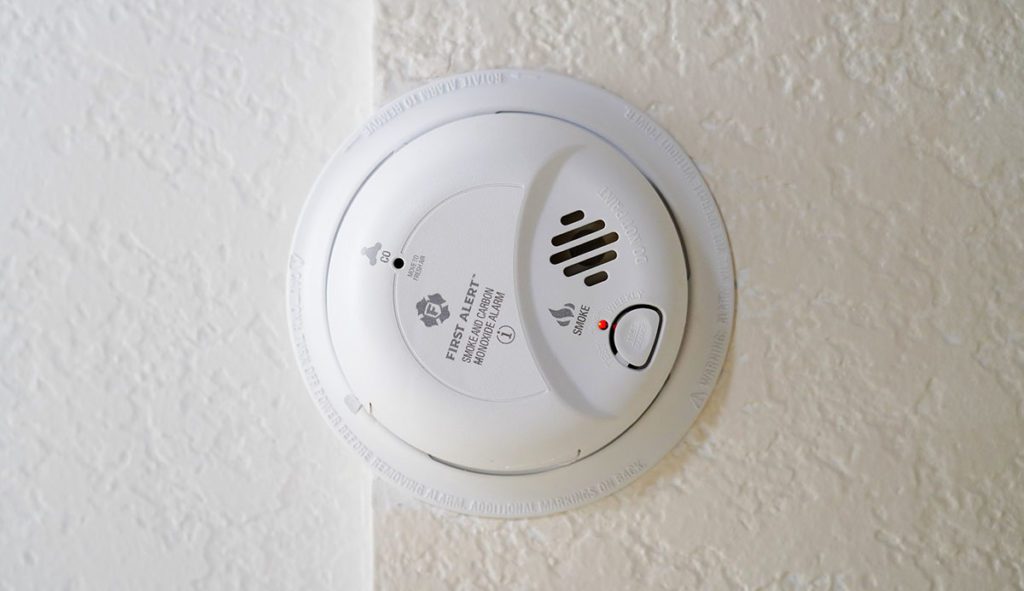
Particle (Non-Biological)
The final type of airborne pollutant we’ll discuss in this blog is particulate matter, which refers to a mix of tiny solid and liquid particles that float in the air we breathe. Because of their size, they are invisible to the naked eye, but can appear as a haze when levels are high.
Some examples of particulate matter include:
- Dust
- Dirt
- Sawdust
- Drywall Residue
Typically, our natural defenses will sneeze or cough out larger particles, but ultrafine particles are small enough to get trapped in our lungs or enter our bloodstream. This may trigger severe illness or even premature death.
However, due to advocacy from the American Lung Association, OSHA, and the Environmental Protection Agency in recent decades, people are becoming more aware of how to reduce and prevent indoor pollution in their respective industries. We’ve come a long way, but it’s important for building owners to remain diligent about reducing the impact of common airborne pollutants and keeping occupants safe.
In the next section, we’ll dive into some basic tips on how you can maintain healthy indoor air quality in your own facility.
How to Maintain Healthy Indoor Air Quality
Communicate Best Practices to Occupants
Maintaining healthy indoor air quality is a shared responsibility among building owners, managers, and occupants. Communicate general indoor air quality protocols to your team so everyone can do his or her part in preventing airborne pollutants from becoming a problem in common areas.
Here are some simple tasks that everyone in your building can do to maintain healthy air quality:
- Keep all vents open and unblocked by furniture or equipment
- Comply with all smoking policies
- Clean up all water spills immediately
- Report water leaks to the building supervisor
- Dispose of garbage promptly and regularly
- Store food properly and clean out refrigerators often
- Cover all coughs and sneezes
- Stay home if you are sick
- Use personal protective equipment when applicable
- Vacuum, dust, and disinfect common areas regularly
- Stay up to date on building maintenance
- Notify building managers if you detect an air quality problem
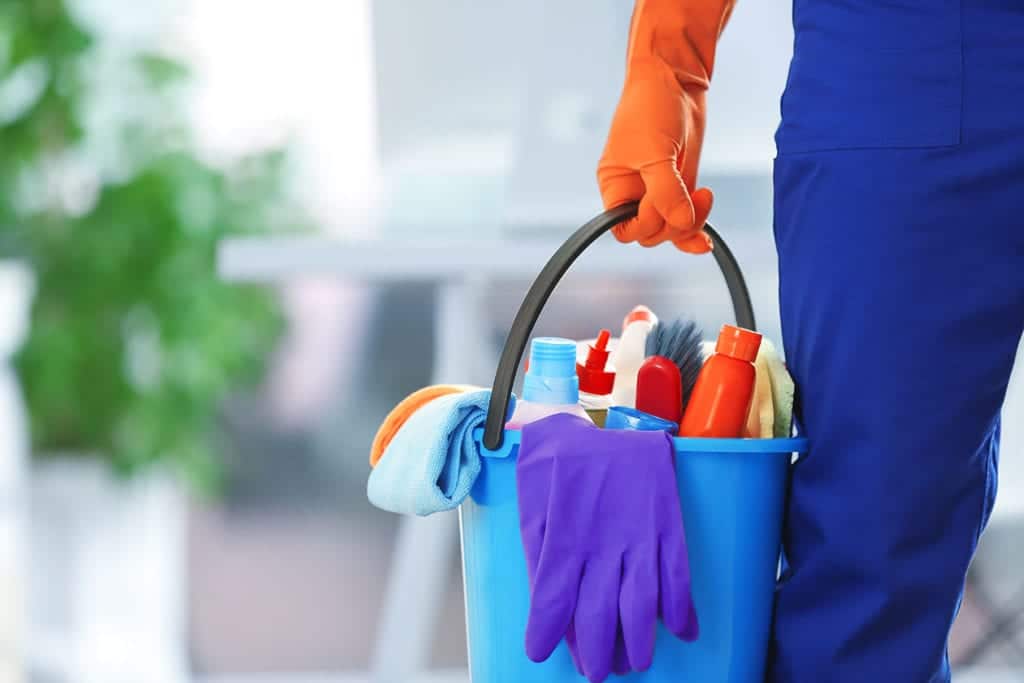
Invest in a Commercial Air Purifier
For building owners who want to take indoor air quality a step further, consider installing a commercial air purifier into your facility’s existing HVAC system. Custom Aire installs a variety of air purification products for companies of all industries that go beyond standard air filters, such as:
- Germicidal Air Purifiers
- Bipolar Ionization
- Generators
- Ultraviolet Lamps
- HEPA Filters
- Air Exchangers
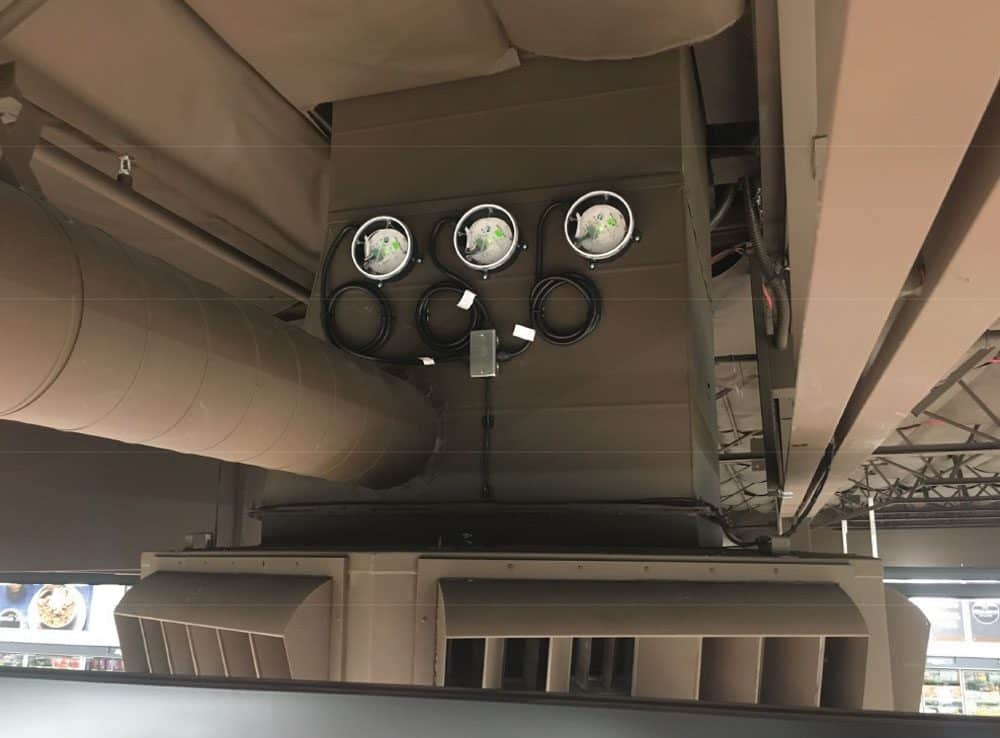
Our team will work with you to determine the best product for your building, so you can breathe easier knowing that preventative processes are in place to keep your occupants safe and healthy.
Schedule Regular HVAC Maintenance
Your building’s HVAC system is the first line of defense against harmful pathogens that cause poor indoor air quality, but it’s only effective if your equipment receives regular maintenance from a professional HVAC technician, like one of our experts at Custom Aire.
During routine inspections, our service team will tune up your building’s equipment, change air filters, balance out humidity levels, and check ductwork for leaks to ensure your HVAC system operates at peak performance and efficiency year-round. We also offer Energy Savings Maintenance Agreements (ESMA) that make it easier for building owners to stay on top of seasonal HVAC maintenance.
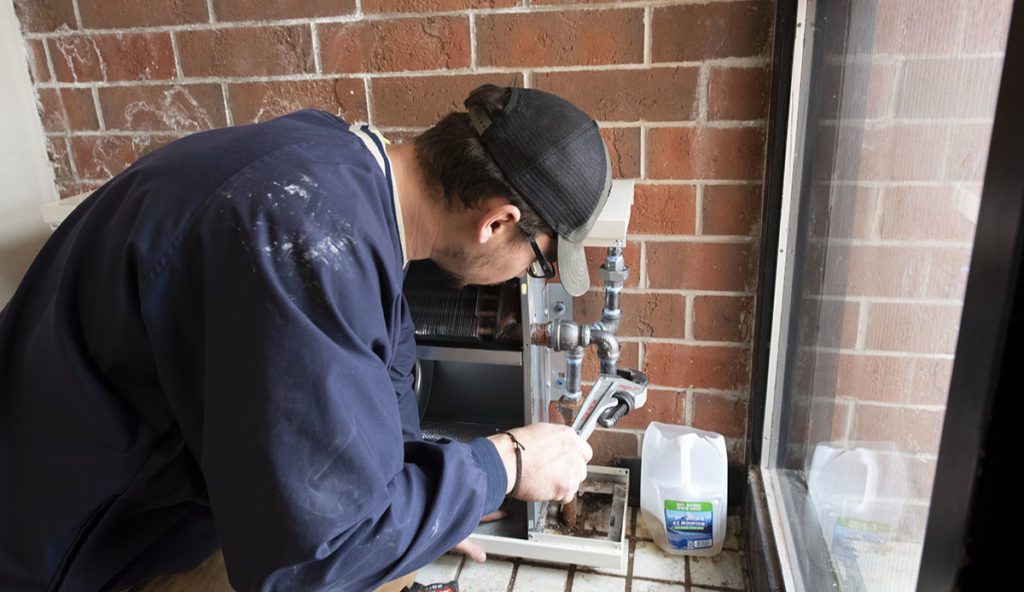
To learn more about the commercial air purifiers we install or our Energy Savings Maintenance Agreements, schedule an appointment with our team at Custom Aire today!

